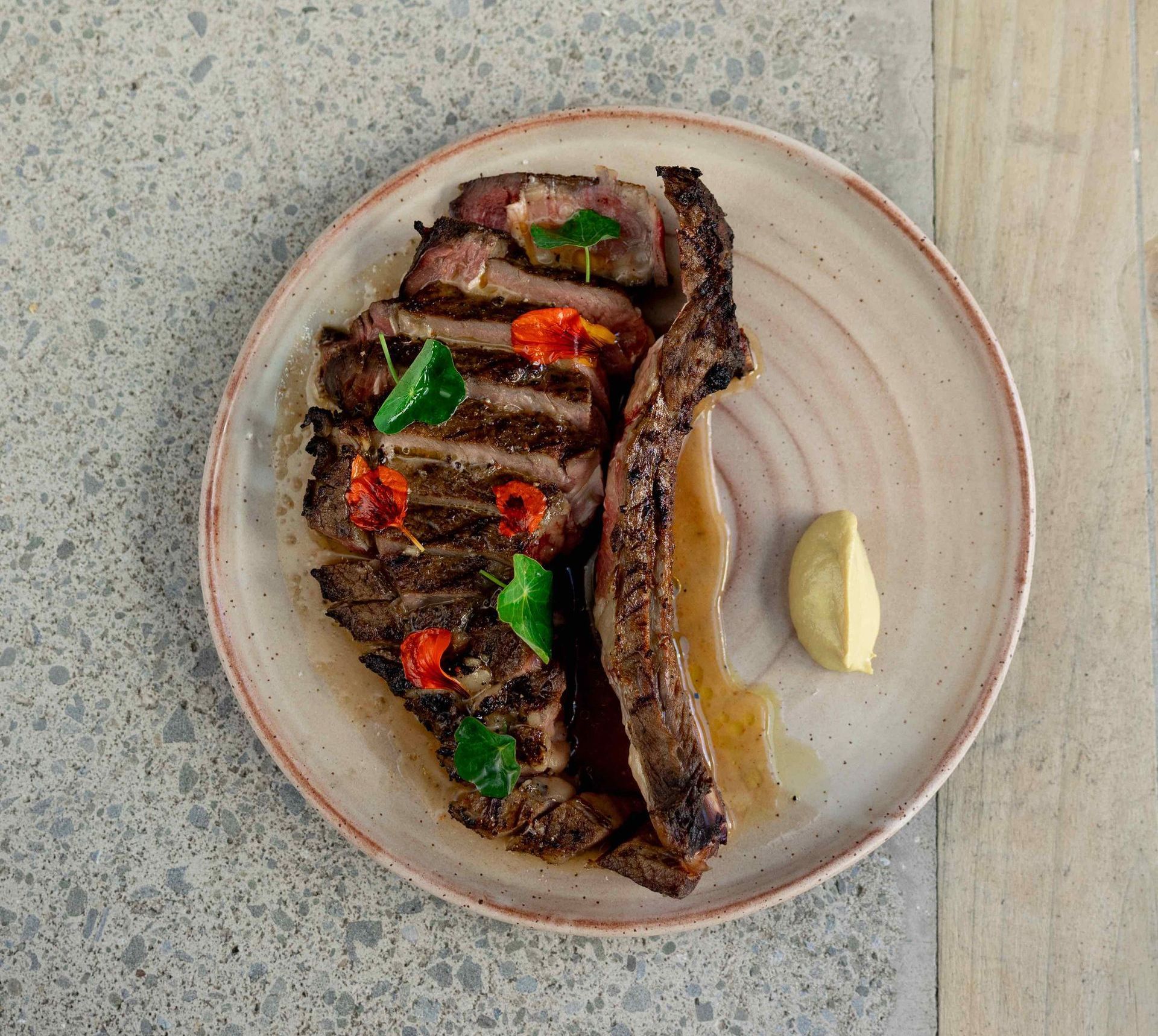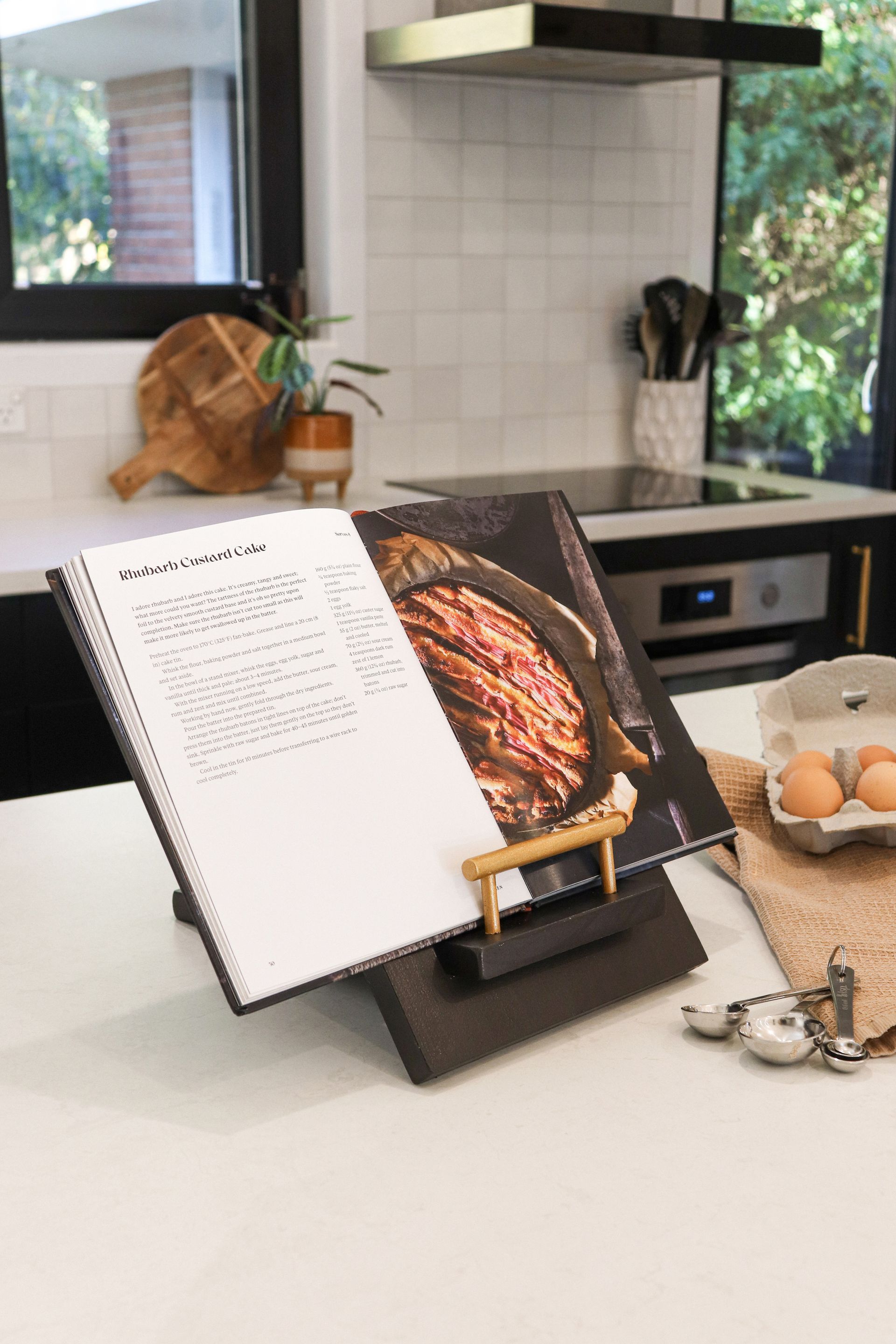Where others saw the issue of bobby calves in the dairy industry as a serious concern, Alan McDermott and Julia Galway saw opportunity. To produce world-class pasture-raised veal.
lan McDermott spends as much time with chefs and the end users of his Pearl Veal products as he does with the farmers rearing the animals. Developing the markets and educating chefs, talking to them on what cuts or dishes will work in the menus they’re aiming to create, visiting them in their kitchens and letting them try it for themselves. It is a big part of getting others to see what a gem of a product pasture-raised veal is.
Veal has had a bad rap in the past due largely to the connotations from overseas systems of milk-fed, young animals, reared indoors. Alan is very aware of that and has focused on creating an animal-centric story where, rather than young calves becoming a by-product of producing milk, their status and value is elevated so they are retained and reared on.
‘It’s a very honest, open story and it’s one about giving these young animals a chance to flourish and have a good life,’ he explains.
Instead of a four-day-old calf heading for the bobby truck, they’re reared on contract by the dairy farmer until they’re weaned at 100 kg liveweight. They’re then sent to a contracted beef finisher to be grown on until they’re 280–340 kg liveweight, typically by 10–12 months old.
In some cases, the dairy farmer is also the contracted finisher. This season, the company’s third, there are 18 farms, mostly in the South Island, contracted to rear calves. Currently the animals are coming exclusively from dairy farmers supplying Synlait, with the company’s farm assurance programme, Lead with Pride, and its stringent auditing, providing Alan with a place to start when it comes to securing the rearing contracts.
Alan says the aim is to give calves great lives and keep the rearing system as close to nature as possible. ‘We want the ingredients list to be as short as possible when it comes to rearing these animals, so it’s whole milk and pasture. They get pasture hay – and water of course – but there’s no calf muesli or meal with the additives that can go with them.’
Instead, the focus is on ensuring high passive immunity by good colostrum management – getting plenty of gold, first milking colostrum that’s high in natural immunoglobulins into calves within hours of their birth. Calves get access to grass and move outdoors full time as soon as possible.
They must have good shelter too. ‘We like them to be at the 100–115 kg mark before they move on to be grown out by the finisher because at that point, they’re more robust and ready to move and have been set up really well to make the best possible transfer,’ he explains.
At close to a year old the animals are larger but still young enough to produce an exceptional, tender, quality product. It’s lighter in colour than beef, but has the blush of pasture-raised meat rather than the pallid colouration of the traditional milk and grain-fed veal from very young animals.
It’s not just about the traditional prime cuts either. Making use of the whole animal is important and Alan says the tenderness and high quality of the pasture-raised veal means restaurant-quality dishes can be produced from every cut – from the osso bucco to rump, topside, ribeye, short ribs, chuck and blade.
‘It is a beautiful product to eat and cook with,’ enthuses Alan. ‘Everybody who eats it says it’s amazing.’ A concept Jack Burgess, Head Chef at Odeon is all too familiar with. ‘The quality of the meat really impresses me, and I enjoy being able to share the wide variety of cuts available with our diners,’ explains Jack.
As well as being sold to restaurants throughout Aotearoa, Pearl Veal is available at select retail outlets and via their online shop, making it the perfect addition to the festive season menu. It is also exported to Japan with other overseas markets in the pipeline too.
‘Animal welfare and ethics inspired this journey,’ concludes Alan. ‘We knew there had to be a better way and if we can create a beautiful product for people to enjoy as a result, that’s a win. We are proud of our progress but there is much more to do.’
Barbecue Veal Chop with Mustard and Jus
Serves 2
Jack Burgess shares his go-to recipe for a barbecue veal chop with mustard and jus, so you can get creating at home. Enjoy!
Spice Mix
30 g black peppercorns
40 g coriander seeds
5 g fennel seeds
50 g Aleppo pepper
40 g smoked paprika
10 g garlic powder
10 g bonito flakes
Toast peppercorns, coriander and fennel. Blitz with the rest in spice grinder/food processor.
Marinade
150 g brown sugar
150 g neutral oil
½ onion, grated
5 cloves garlic, finely grated
12 g ginger, finely grated
16 g black peppercorns
40 g Spice Mix (see above)
1.5 tsp Worcestershire sauce
80 g lemon juice
12 g flaky sea salt

Blend to a paste in food processor. Then rub generously on a veal chop, at least 500 g. Wrap and refrigerate for at least 24 hours.
Jus
1 L brown chicken stock
2 cinnamon sticks
2 star anise
10 g black peppercorns
4 bay leaves
2 shallots, large, diced
Add into the pot, bring to a boil and simmer until reduced by a third. Turn off heat and allow to steep for 30 minutes. Strain then bring the stock back to a boil and thicken with a corn starch slurry.
Remove veal chop from the fridge and brush off any excess marinade. Allow to come to room temperature for about 30 minutes. Grill over charcoal and then rest and allow to cook to medium-rare, internal temperature of 56–58 °C.
Remove the meat from the bone and slice. Place the bone slightly off centre on the plate and fan the meat out beside it. Serve with a spoon of Dijon mustard and dress with the Jus. Finish with olive oil, flaky salt and freshly ground black pepper.
Recent stories







